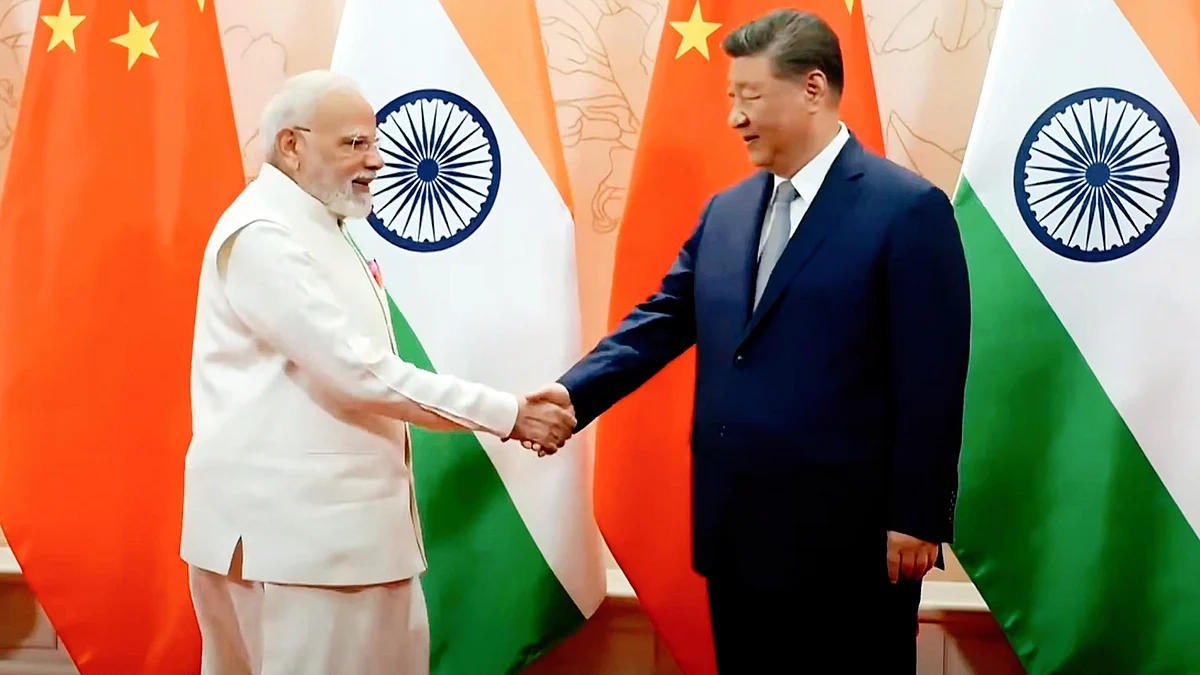From Galwan to Yarlung: Congress says Modi govt ‘bowing to Beijing’
Jairam Ramesh criticises govt’s silence over Beijing’s plans to construct a massive hydel project on Yarlung-Tsangpo river

Congress leader Jairam Ramesh on Sunday launched a scathing attack on the Narendra Modi government, questioning whether India’s foreign policy was being redefined by “Chinese aggression and bullying — and an Indian government too weak to defend national interest”.
His remarks came on the day Modi met Chinese President Xi Jinping on the sidelines of the Shanghai Cooperation Organisation (SCO) summit.
Ramesh again pointed to the fact that in June 2020, Chinese aggression in Galwan Valley led to the martyrdom of 20 Indian soldiers. Yet, within days, PM Modi had controversially declared that “no one had intruded into Indian territory,” a statement the Opposition continues to describe as a “clean chit” to Beijing.
The Congress leader further noted that the Army chief has repeatedly sought restoration of the pre-2020 status quo along the LAC (Line of Actual Control) in Ladakh — something the Modi government has not achieved. Instead, he said, New Delhi has moved towards reconciliation, “effectively legitimising China’s territorial aggression”.
He also flagged warnings by deputy Army chief Lt-Gen. Rahul Singh about China’s growing strategic alignment with Pakistan, particularly highlighted during Operation Sindoor. According to Ramesh, the government has quietly accepted this “unholy alliance” and is now “rewarding China with state visits”.
Ramesh criticised the Modi government’s silence over Beijing’s plans to construct a massive hydel project on the Yarlung-Tsangpo (Brahmaputra) river, which he said has “grave implications for India’s Northeast”. He also hit out at the government’s failure to curb the large-scale dumping of Chinese imports that is “crippling India’s MSMEs while other nations actively protect their domestic industries”.
“The so-called ‘new normal’ cannot mean surrendering to Chinese aggression while our government looks away. This is not diplomacy — it is weakness,” Ramesh said.
Follow us on: Facebook, Twitter, Google News, Instagram
Join our official telegram channel (@nationalherald) and stay updated with the latest headlines
